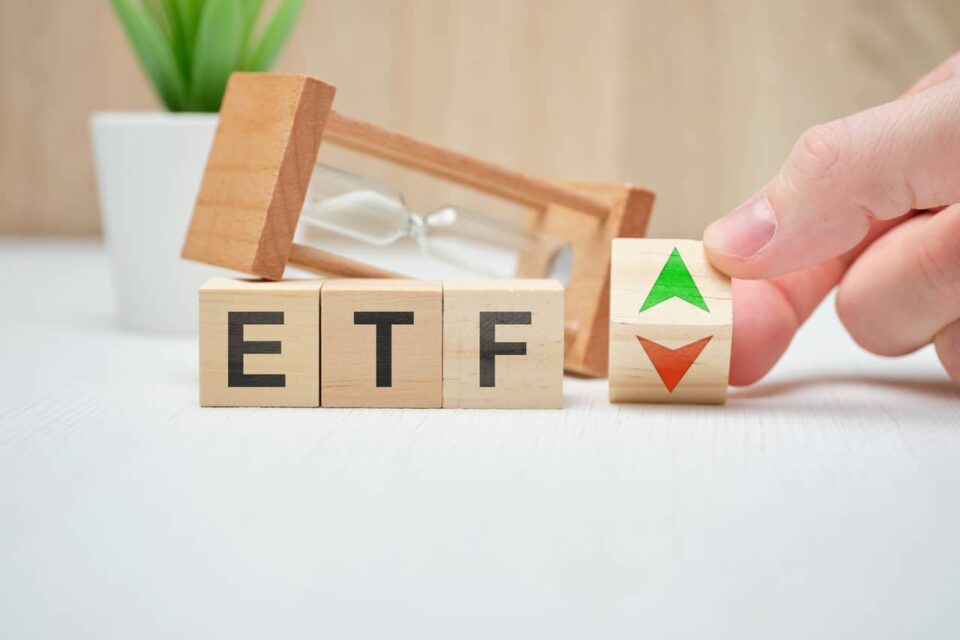Investments in ETF funds are growing at a pace to build diversified portfolios.
But with building portfolios, one should be aware of risks and rewards also.
You might be wondering what an ETF is, so let’s understand it thoroughly.
Exchange-traded funds are types of securities and shares that track an index, commodity, sector or other asset which are sold and purchased on the stock exchange just like the regular stock has been traded through a registered broker.
They are traded in the same manner as regular stocks and mutual funds.
Regarding stocks that are traded throughout the day at the prices depending on demand and supply, an ETF works in the same manner.
Furthermore, an ETF represents partial ownership of a portfolio managed by professionals, just like mutual funds.
So, we can term it as the basket of securities traded in the same manner as regular stock.
Is ETF a good investment?
ETF are cheaper and carry low risk, which makes it the best option for a beginner to invest and a great entry point to new investors.
It is also beneficial for the investors having limited expertise.
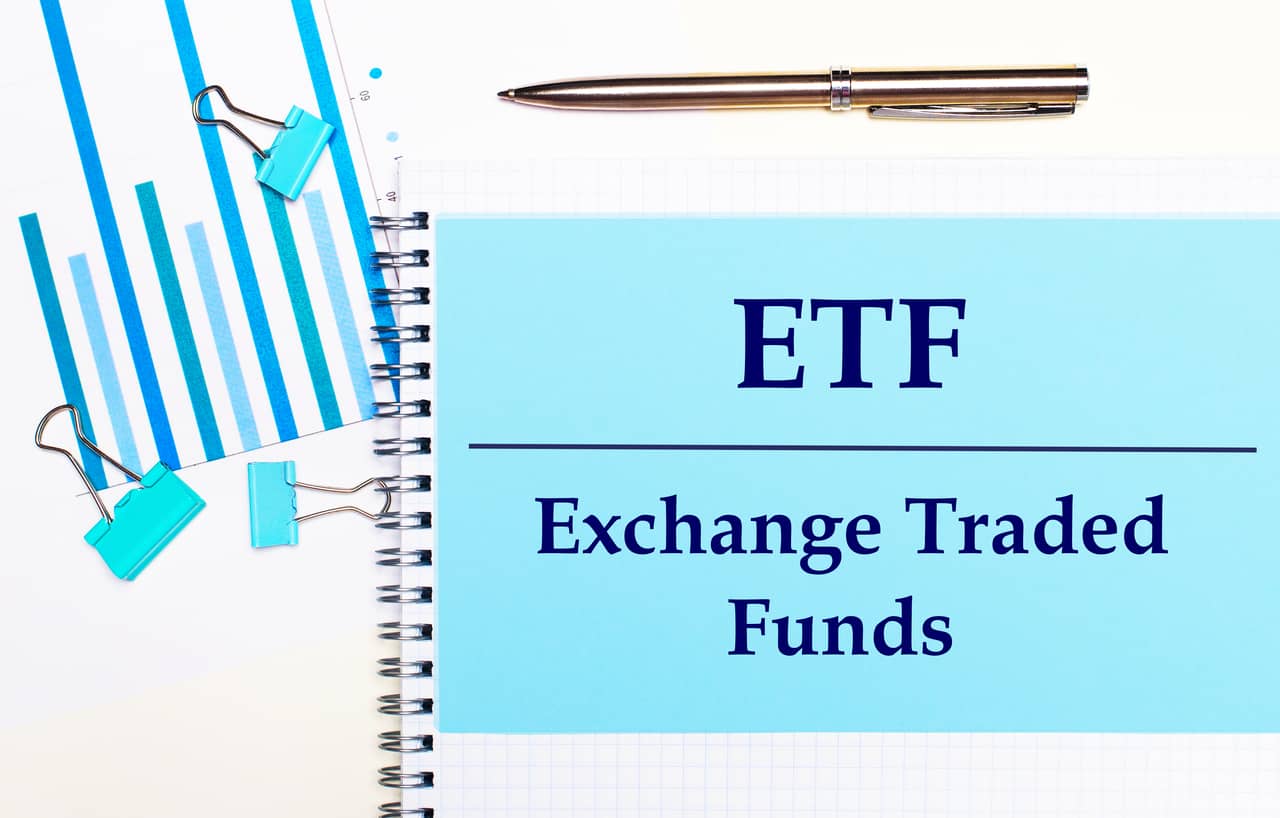
Being listed on exchange, they offer liquidity and real-time settlement.
Also they are flexible wherein you can trade as per your own way like selling short or buying on margins.
Investing in an ETF is good, but it cannot be suitable for every investor.
however, it can be appropriate for the ones who have lump sum cash and are thinking where to invest.
So, whether it is good to invest in an ETF depends on understanding the financial market and also being aware of the investment style to manage them.
How does the Exchange-traded fund work?
ETF possess characteristics of both mutual funds and shares, which are traded in the stock market in the form of shares by creation of blocks.
They are listed on all major stock exchanges that are bought and sold as per requirement during the equity trading time.
If the price of an asset rises, then the prices of ETF shares also rises equally and when the price of an asset decreases, the share prices of an ETF also decreases.
So, it can be said that there is a direct relationship between share prices and assets in the working of an ETF.
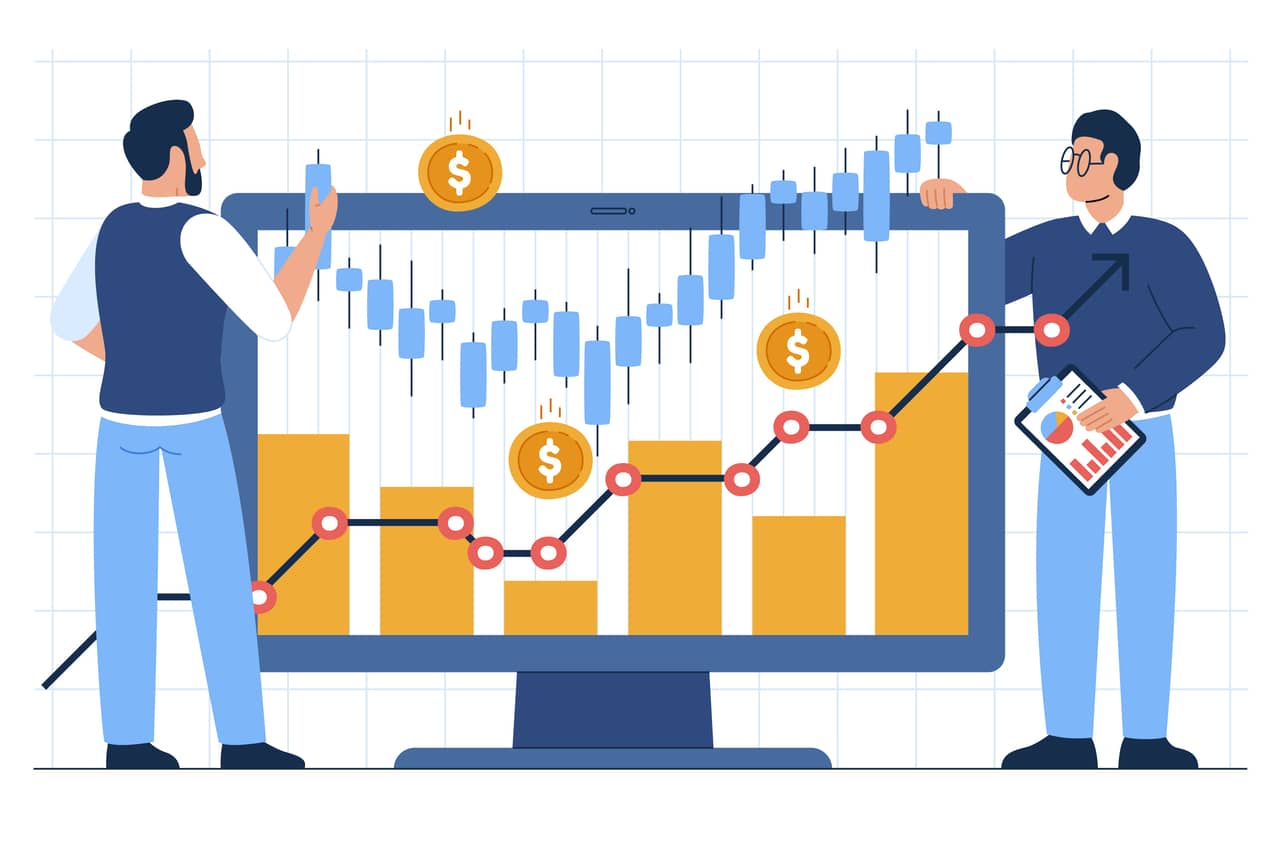
The performance and asset management of the organization determines the value of the dividend that can be received by the share-holders of ETF.
It can be managed actively or passively, depending on the company’s regulations.
Actively managed ETFs are managed after portfolio managers carefully evaluate the stock market conditions and take calculated risks by investing in high-potential companies.
On the other hand, passively managed ETFs invest only in companies listed on an upward chart that follow the trend of a particular market index.
Therefore, investing in an ETF is advantageous but also has some drawbacks, which are discussed below.
Also Read: Mutual Funds Investment! All You Need To Know.
ADVANTAGES OF ETF
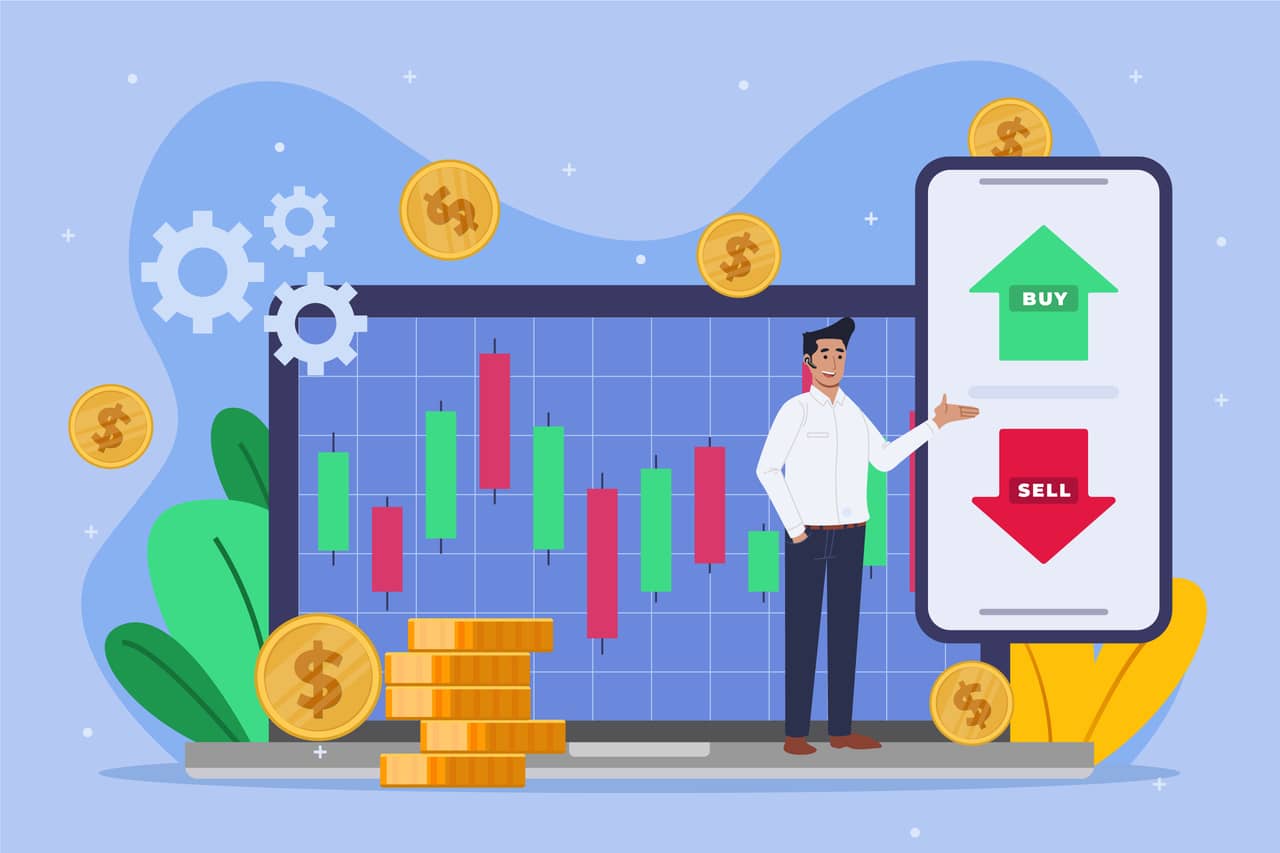
Tradable securities
All changes in ETF value are immediately observable and can be bought and sold during business days.
Therefore, it can be said that ETFs are much more liquid than mutual funds.
It gives the flexibility to invest, making it easy to switch to other securities if one asset is not yielding adequate returns.
Tax Friendly
ETFs are more tax friendly. Both mutual funds and ETF are subject to capital gains tax and dividends.
But the relative number of fees charged on ETFs is much less than those charged on mutual funds.
Portfolio Diversification
Investors want quick access to a particular sector, style, industry or country, but may lack experience in that field.
Given the diverse categories of sectors, styles, industries and countries.
ETF stocks provide investors with easy access to specific market segments they desire.
ETFs currently trade in almost every major asset class, commodity, and currency in the world.
In addition, new ETF structures implement specific investment or trading strategies.
Lower fees
The annual expenses and trading costs are usually lower than non-index mutual funds.
ETF are chosen when it comes to saving money because they provide all the benefits of the index stock and cost a lot less.
Immediately Reinvested Dividends
A company’s dividends on ETFs are immediately reinvested, but the reinvestment period may vary for index-based mutual funds.
Passive management
Investing in ETFs are commonly much less volatile than mutual budgets, as they’re passively managed.
They simply make investments inside the best-appearing agencies indexed in a selected inventory exchange, at the same time as mutual budgets very well check all the companies with a capacity for growth.
DISADVANTAGES OF ETF
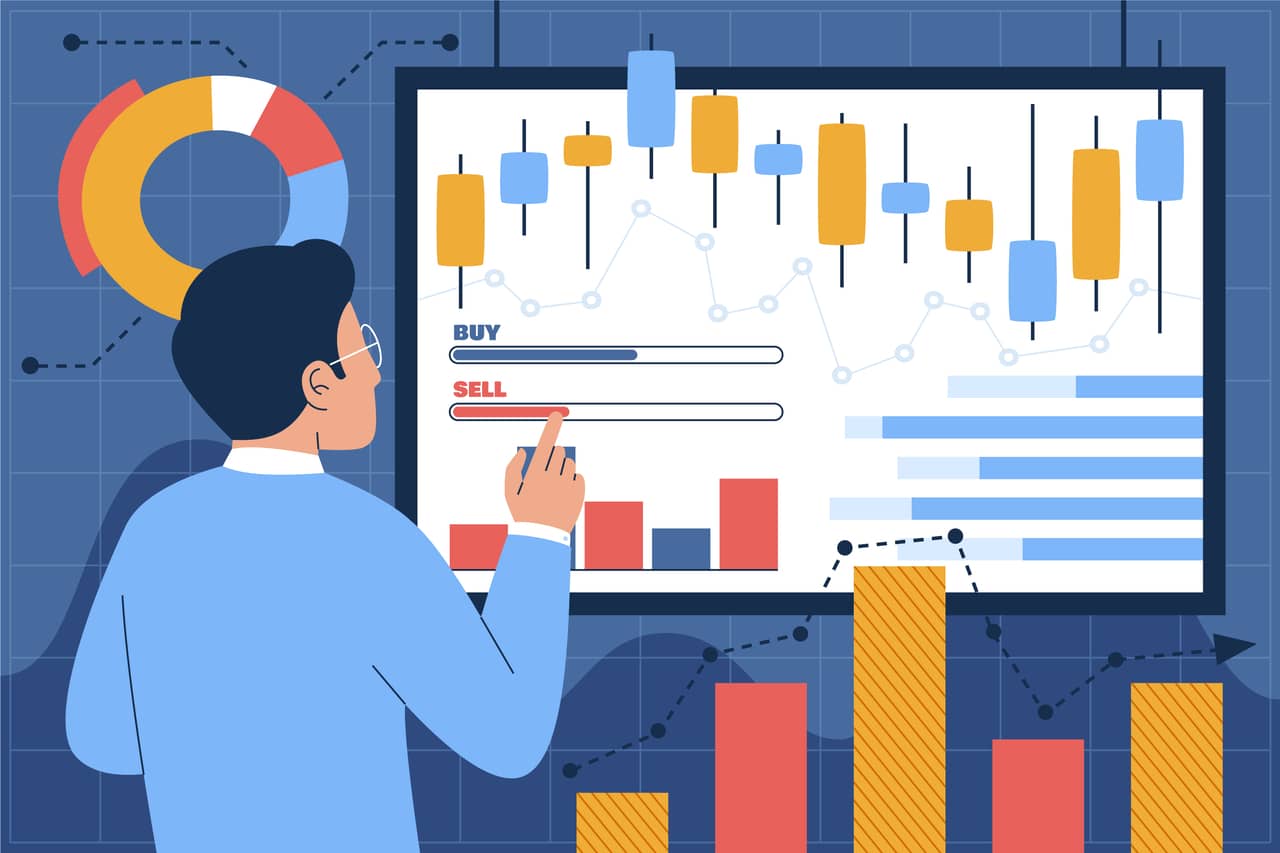
Higher cost
Most people compare ETF trading to trading other funds, but when compared to investing in specific stocks, ETFs cost more.
The actual fee paid to the broker may be the same, but there is no stock management fee.
As more niche ETFs are created, they are more likely to follow the index of low volume.
Brokerage fees and Demat account
Because ETFs are traded like stocks, there are some costs involved in buying an ETF.
This is usually done by fund managers who charge a nominal fee for such trades.
You can also trade on the stock market independently and without involving a fund manager in the process.
In this situation, you will need to open a Demat account.
Demat accounts require basic knowledge of stock market trading and related skills and can be difficult for beginners.
Lower dividend yields
There are ETFs that pay dividends which may not give good returns as high-yielding ones.
Although the risks associated with owning an ETF are generally low, a stock’s dividend yield can be much higher if investors are willing to take the risk.
You can choose the stocks with the highest dividend yields, but ETFs track a wider market, so overall returns are lower on average.
Volatility of the stock market
ETF companies listed on the stock exchange may fluctuate in price depending on market trends.
They are not as stable as Treasury bonds.
Whether you make a profit or lose it depends primarily on the state of the stock market.
Which is better? ETF vs MUTUAL FUND
Investors face an astonishing choice: stocks or bonds, domestic or international, various sectors and industries, value or growth.
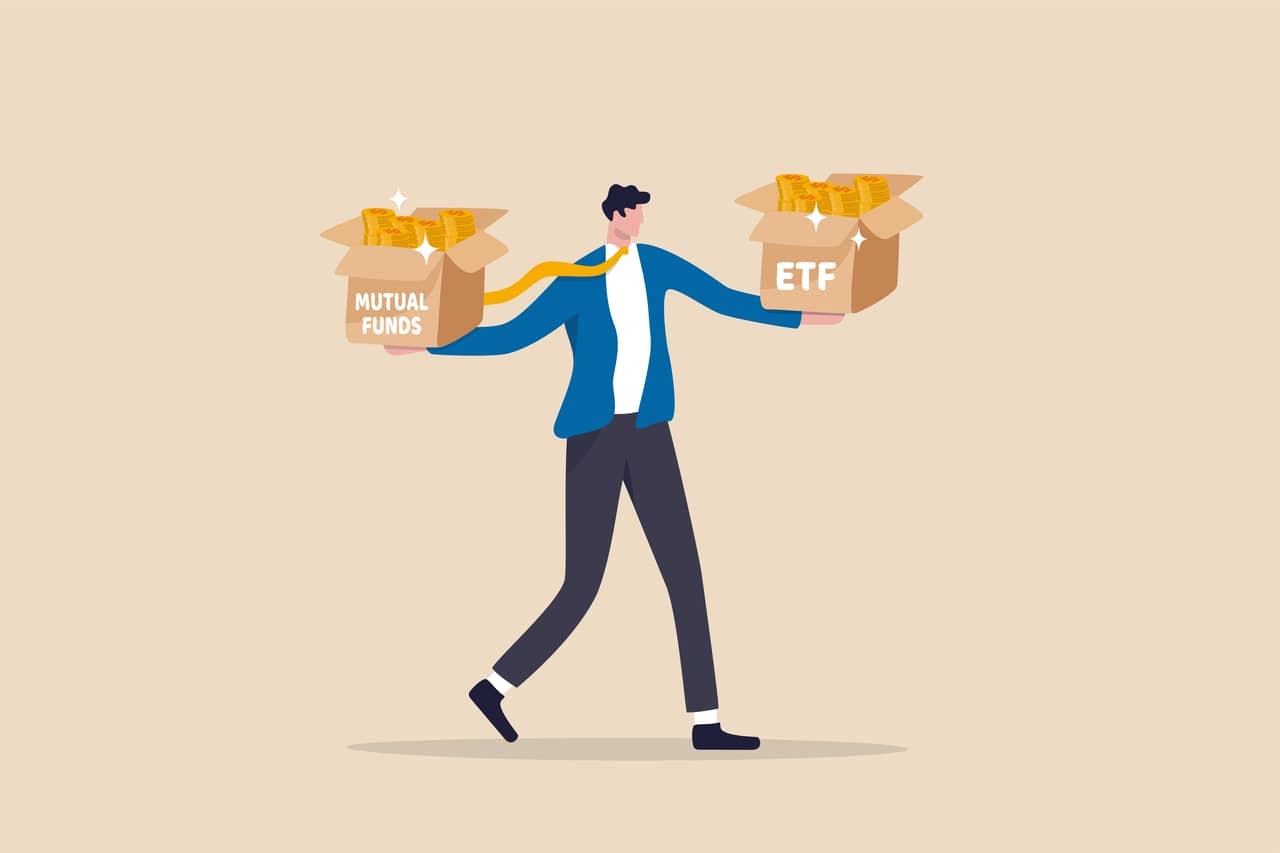
Deciding whether to opt for a mutual fund or an exchange-traded fund may seem important but also very difficult.
Let’s observe some differences so that you are sure which is better: an ETF or Mutual fund.
-
ETFs are passively controlled, while mutual finances are actively controlled through expert fund managers who come with marketplace understanding, knowledge, and allows manipulation of your assets.
-
Mutual funds can only be traded at the end of each trading day, whereas ETFs can be traded all day long, allowing investors to make quick decisions based on the market.
-
ETFs do not include excessive costs because they want to avoid being controlled actively, while mutual price ranges include a better fund control fee.
-
ETFs offer more tax benefits than mutual funds because of the way they are created and redeemed.
-
Mutual funds have a period of closure and are not easily liquidated, whereas ETFs have a high liquidity ratio related to the liquidity of the stocks in the index.
However, before deciding, consult an expert if you need to understand the capabilities of both funds, assess the market risk you are willing to take, and make sure you are taking the right investment challenge.
GOLD EXCHANGE-TRADED FUNDS
Gold ETFs are exchange-traded funds (ETFs) that aim to track the internal price of physical gold.
It is a passive investment product that invests in bullion based on the price of gold.
In a nutshell, a gold ETF is a unit that represents physical gold, which can be in paper or immaterial form.
One unit of Gold ETF is equivalent to 1 gram of gold and is backed by ultrapure physical gold.

Gold ETFs combine the flexibility of investing in stocks with the ease of investing in gold.
Gold ETFs are suitable for investors looking to enter the gold market and diversify their portfolio.
It is a low-risk investment suitable for conservative investors.
The money invested is spent on standard 99.5% pure gold bars.
Gold ETFs are a low-risk investment, even if traded on a stock exchange.
As with physical gold, individuals who do not want to spend money on storage and additional taxes can also opt for a gold ETF.
Exchange-traded funds among Indian investors have become the most innovative and popular securities.
ETF tools have provided valuable space for investors who have struggled to master the trading tricks of analysing and selecting stocks from a portfolio.
More importantly, the ETF’s reputation for low cost and yield has attracted investors attention.
further Reaing:


